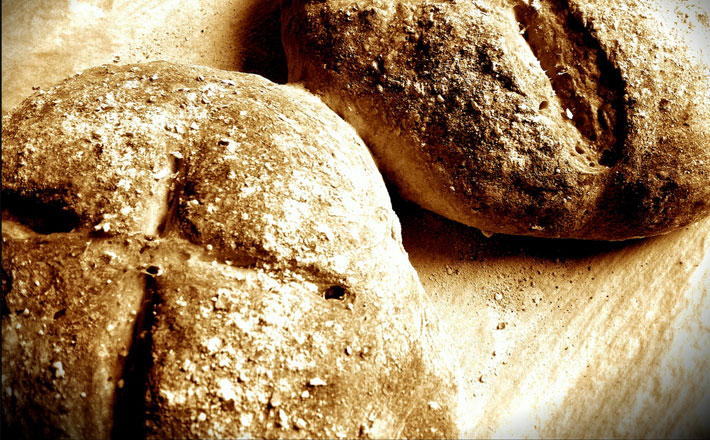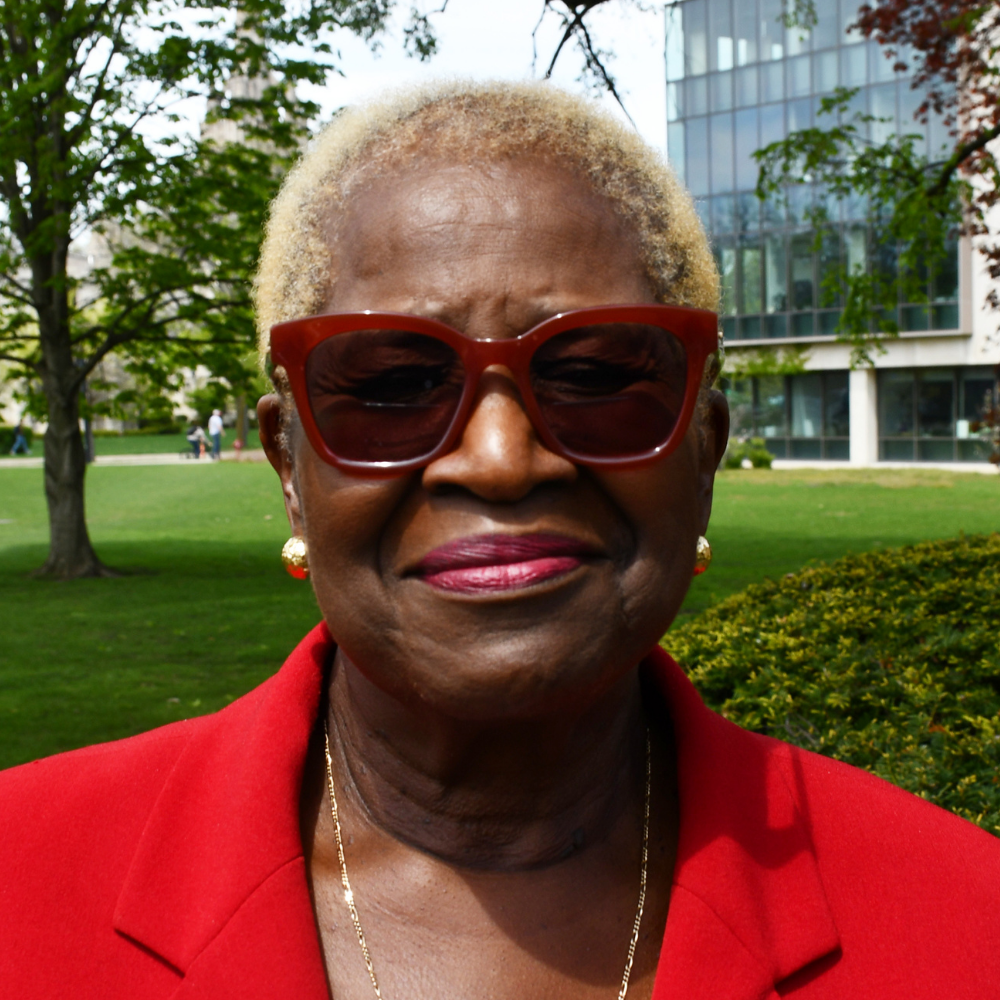Commentary on 2 Samuel 18:5-9, 15, 31-33
Almost from its beginning, David’s life has been overshadowed by violence of one form or another, either perpetrated by him or by others against him.
Earlier in 2 Samuel, David had grieved openly at the death of his newborn son, a child that had been conceived in violence perpetrated against Bathsheba. Unlike the present situation, that son had been innocent of any wrongdoing, but here we find David’s adult son caught in the grip of an adversarial situation, in a fight for power, in the midst of death-dealing violence, and yet at his death, there is an outpouring of grief from David.
The selected verses that make up this lectionary text disallows the tension that the author sets in place through the record of Absalom’s attempt to oust his father from Israel’s throne. By bypassing the intervening verses, one loses both the width of the separation between father and son that resulted in war and also the sense of David’s continuous concern over the fate of the very son who has fought against him, who has challenged his right to be king.
The beginning of the text records David’s strict instructions to his generals that they should “Be gentle with the young man Absalom for my sake” (2 Samuel 18:5b). What does it say for a father that regardless of the ills committed by his child, he cares enough to seek that child’s welfare? The reflection of the care that God gives to each of us, regardless of our continued sinfulness is obvious.
As fallen humanity, we sin in thought, word, and deed. We wage war in our spirits and with one another because of the willfulness of our minds. Violence engulfs our lives and we not only fight with each other but we are also at war within ourselves against the directives that God gives us for holy living. Yet God continues to make each of us recipients of God’s favor that seeks only our good.
And like Joab, those who are charged to protect us from harm, to help us live out the grace of God in our daily lives, are too often the very ones who seek to do us harm, and to be the perpetrators of the death-dealing systems that overshadow our lives. Joab had heard the words of his king and knew that David wanted his son’s life spared. But Joab felt that he knew what would be better for all concerned. Since Absalom had been the cause and the originator of the war in which he and all the troops were involved, to get rid of Absalom was to “cut off the head of the snake,” so to speak, and get rid of the problem once and for all.
Joab’s action offers us an example of one who disregards the divine directives and creates a new path that leads, not to the goal set by the leader, by God, if you will, but follows his or her own path. In doing so, it brings about a result that is contrary to that which God intended. Too often there are persons in our lives that fit that picture and whose leadership points to a different direction than that which God has set in place. The analogy of this story with the Christian story may not provide a clear parallel with one’s life, yet the beginning and the ending fit clearly and closely with the divine/human relationship. God desires fullness of life for each person and seeks in any way to hold back the forces of death that roams freely in the world.
In the last verse of this text David is found expressing deep agony over his son’s death. This verse has been touted as a great example of parental grief, expressed to such an extent that it overshadows for David the great victory that the army has won over the forces that have sought to overthrow his throne. David is broken-hearted. His weeping is loud and long; his grief is inconsolable; his pain feels like death. It is the response of a loving father at the loss of a beloved child. Given the broken relationship between father and son, one may think of David’s outpouring of grief as excessive. Joab certainly thinks so and calls David back to reclaim his position and take up his responsibility.
Similarly, God grieves at the loss of each person from the realm of God. God who has seen the plight of the human race and has taken steps to ensure that each person has abundant life, grieves deeply over each person that is lost to sin. God is aware of the sin that so easily besets us and draws us into a war with ourselves and with one another. But despite our sinfulness, God desires our good, and has done the best to ensure that our life is saved.
Without turning this text into an explanation of the sacrifice of Jesus Christ, the preacher can be faithful to the Old Testament text and speak of the God of creation who made us and desires the best for us. It is that same God who wept when disobedience caused the death of the life in paradise that God had ordained for created humanity. Disobedience lost humanity the perfection that had been laid out for all people across time. But even when death came, it did not prevail in its totality because God’s heart was moved by deep compassion and God’s grace gave us new life.
That’s the overriding message of this text. David’s grief was real and palpable, as a father’s for a son. But despite the grief he felt, David could not restore Absalom. God on the other hand, as creator of all, has the power to restore life when the world does everything in its power to take it away. With God, death is not the end. Grief and pain are not the final answer. God restores our lives, and we live only and always in God’s favor.


August 12, 2018